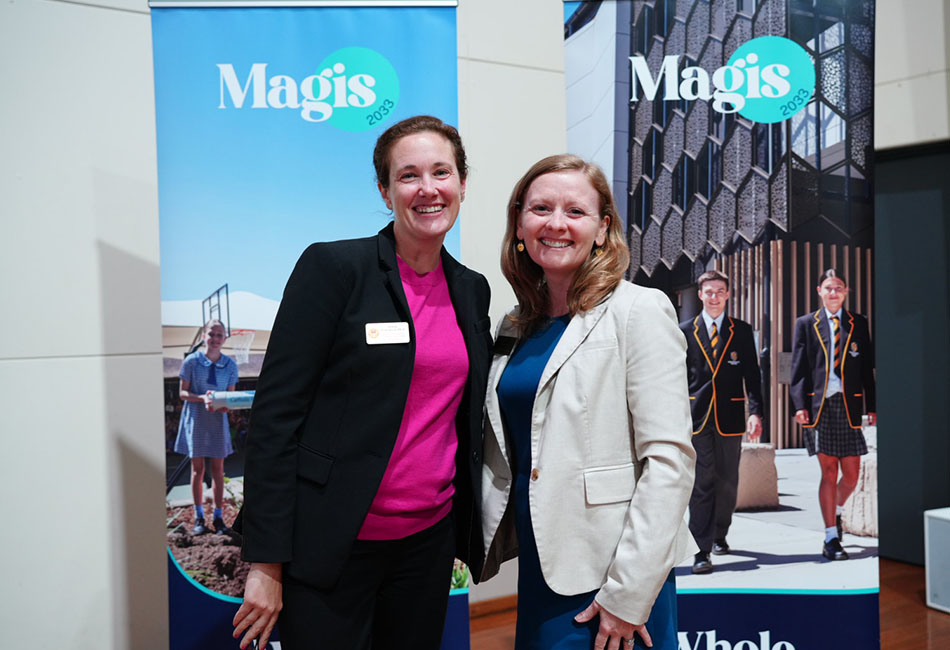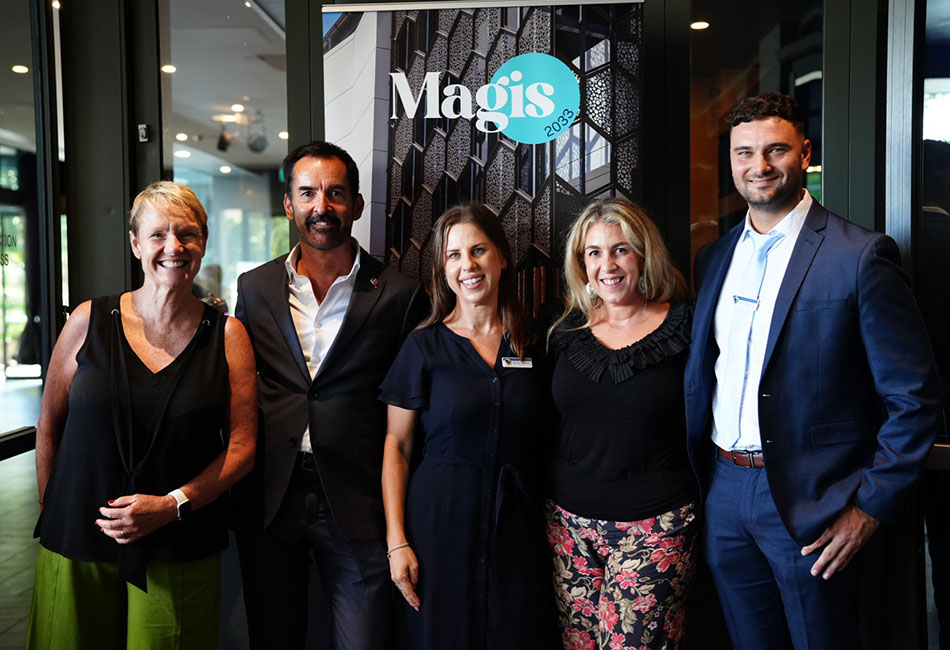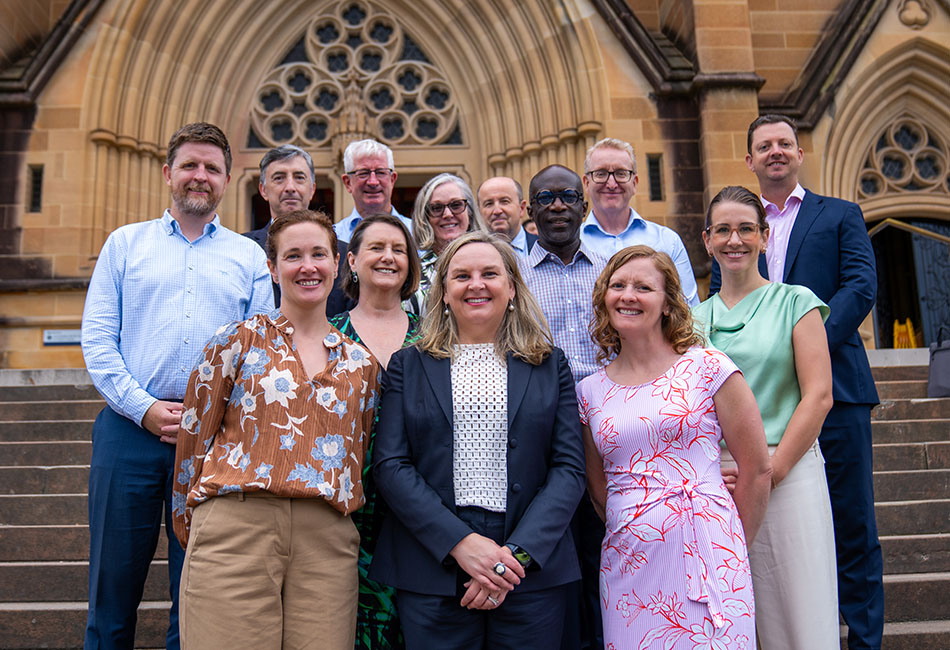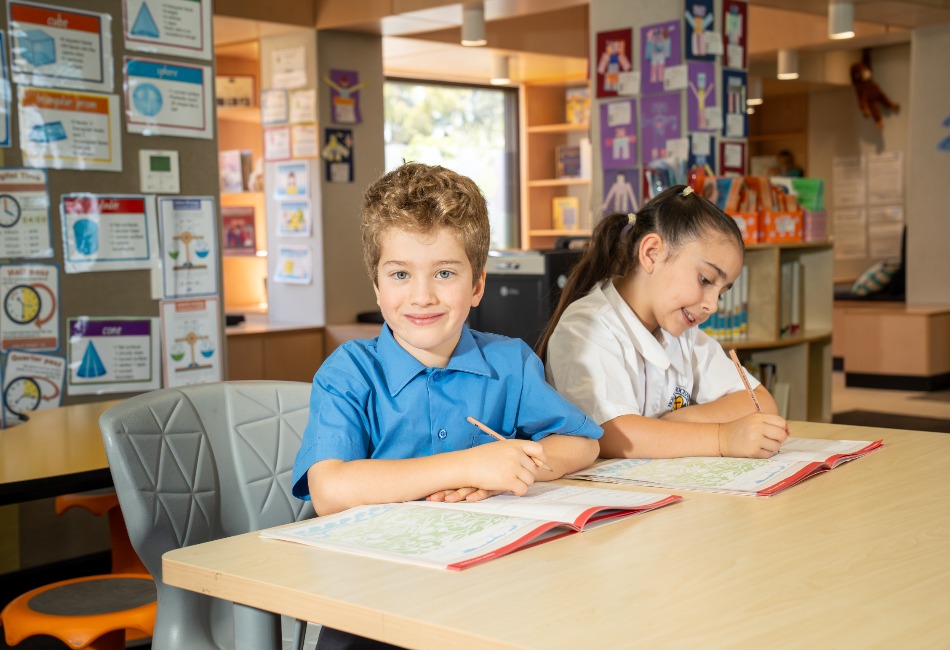If you are concerned that your child is falling behind at school, it is important to intervene early.
One of the most costly mistakes a parent can make in their child’s education, is to delay dealing with any potential problems. The NSW school curriculum is delivered via learning progressions, therefore falling too far behind can affect your child’s entire education.
Learning is foundational and, like building a home, if you do not build on the proper underpinnings the whole house could collapse.
‘Check in’ the moment they ‘check out’
It is hard to provide a complete checklist of warning signs that a child is falling behind, as every child is different. However, teachers commonly identify struggling children as the ones who withdraw from some or all subject areas.
Examples of this may include assignments not being attempted, class exercises left incomplete and homework largely ignored. A child may also misbehave to distract attention away from their learning difficulties.
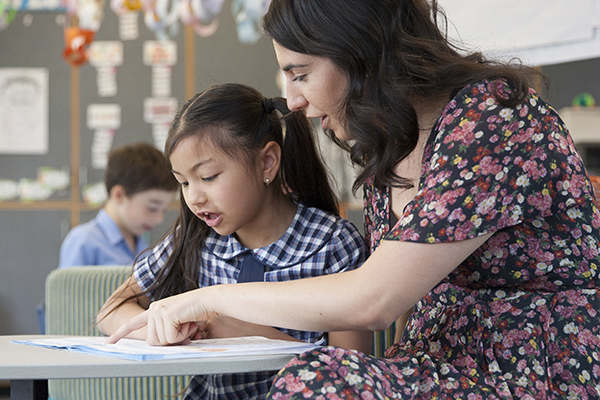
A teacher helps a primary school student with her school work. Photo: Kitty Beale
Ask about their day
One of the best ways parents can determine their child’s weak subjects is to ask them about their day. If they are happy to talk about English and history in detail but refuse to discuss maths, then this may flag problems in that subject area.
This is the time for parents, in consultation with their school, to assess their child’s engagement and to see if they have developed the necessary skills, knowledge and understanding to progress in the subject.
Clean and routine
Another key factor that may assist a student to maintain their academic performance is a clean environment and a structured routine. Routines can also play a part in helping anxious children cope with a fast-changing world, especially during the COVID-19 crisis.
Regular and predictable routines, and schedules with pictures for younger children, can provide some structure and context for their learning in a time of uncertainty. It can assist in reaching their potential, and any noticeable break in their routine can act as a signal that they may need help.
“If you are in a situation where you are required to engage in remote learning with your child, simple traditions of the classroom – such as saying ‘Good morning’ and taking the roll – are a fun and effective way to mark the start and end of the school day and also bring some humour into your situation,” said Sydney Catholic Schools’ psychologist and education specialist, Sandra Reynolds.
“These types of strategies help to validate the changes occuring and remind your child that while you are not going to the classroom, learning is still happening from home. This can make children feel less alone in their feelings and reassure them that the changes are only temporary.”
Ms Reynolds stressed that when considering a remote learning timetable, overly complex schedules are not necessary. Routines could be as simple as: Breakfast, lunch, dinner and relaxation or family fun time.
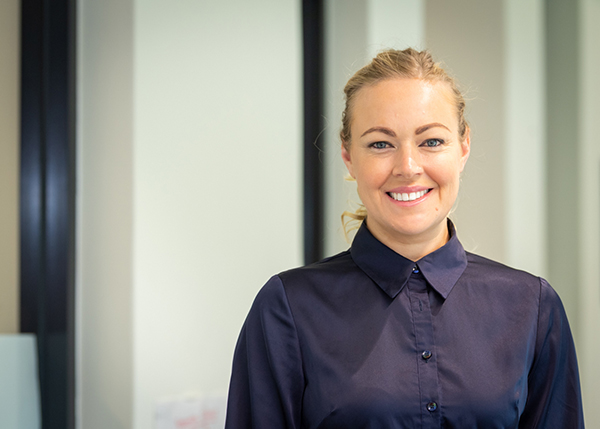
Sydney Catholic Schools’ psychologist and education specialist, Sandra Reynolds. Photo: Kitty Beale
Modelling good behaviour
As parents, you need to remember you are the primary role model of adult behaviour for your child. So it is important to not place all your emphasis on your child’s achievements; also praise their efforts in achieving these results. Another strategy is to help your child set realistic expectations, and reward them for doing their best, rather than being the best.
Setting unrealistic goals may damage their self-esteem and set them up for failure. As a parent you will achieve a healthier long-term outcome if you concentrate on instilling confidence in your child, so they will feel ready for the jobs of the future and embrace being a lifelong learner.
It is also important as parents that you take care of your own anxiety levels. Experts agree when parents are anxious this can make kids feel unsettled, and children look to their parents as a guide on how to react to stressful situations.
“Learning new skills, such as mindful techniques, provides the perfect opportunity to teach your child how to stay calm and positive during difficult and uncertain times,” Ms Reynolds said.
“You can utilise these newly learned techniques everyday to improve yours and your child’s wellbeing.”
—
Sydney Catholic Schools is enrolling now. Click here to find your closest Sydney Catholic school and to start your child’s learning journey.


